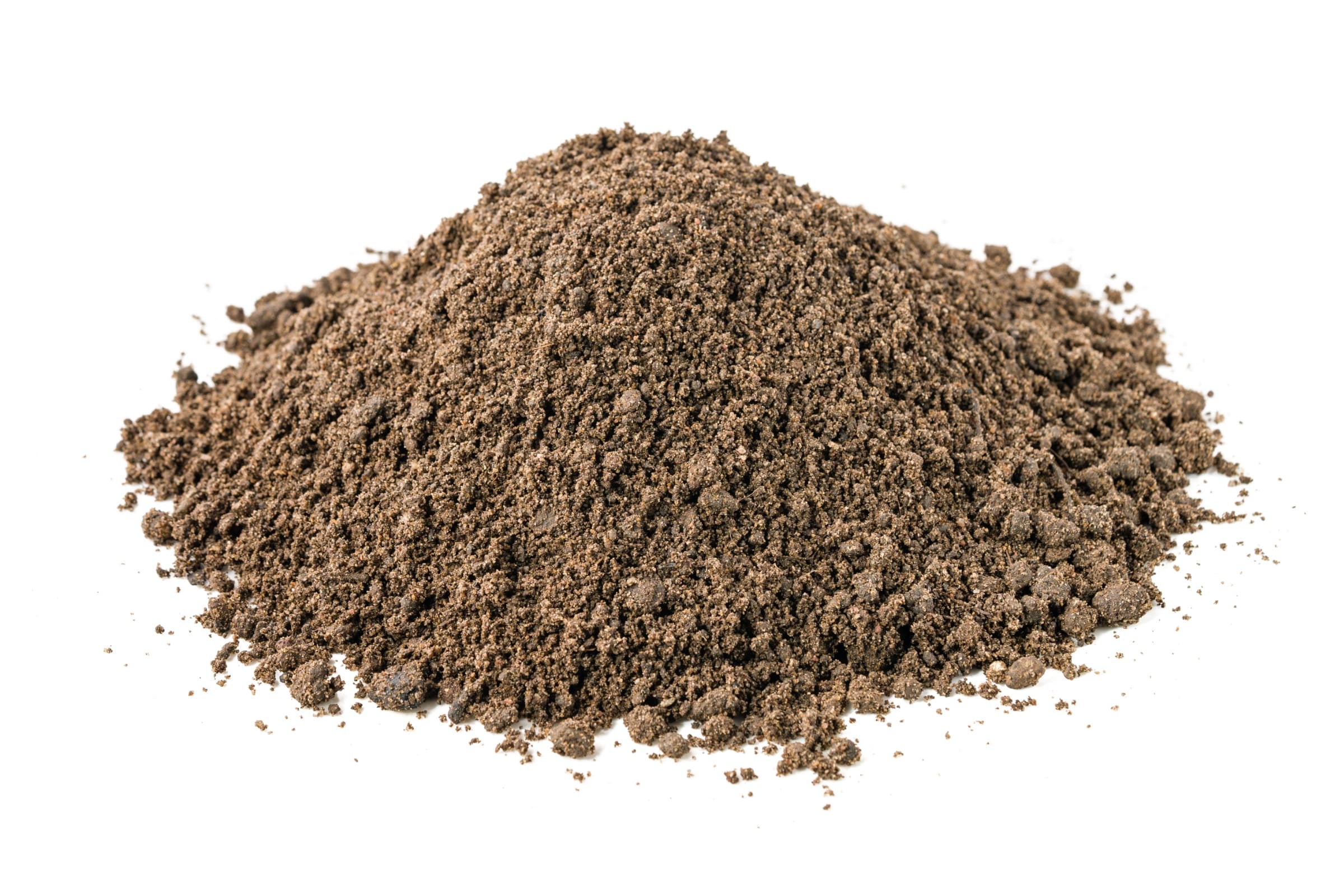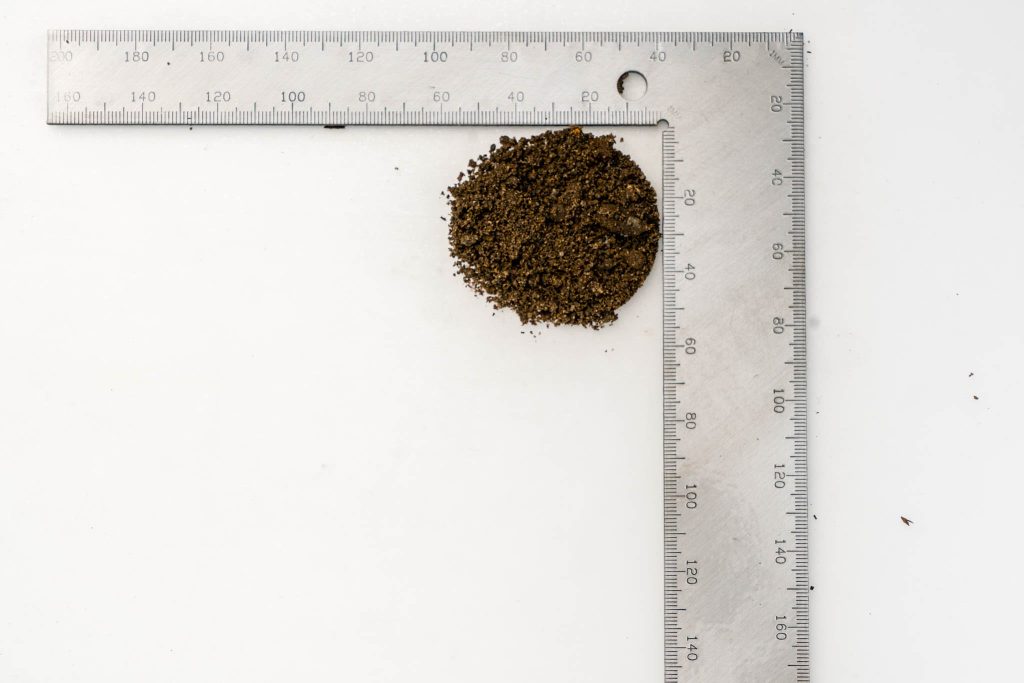A lightweight soil mixture ideal for roof gardens The best lightweight soil mixture for roof gardens includes vermiculite, compost, topsoil or loan, coarse perlite, and a filler. You’ll need to moisten the components before mixing them. This recipe is very light and provides enough substance for all kinds of plants. The soil and plant roots work together to naturally filter the water and remove pollutants
Applications
Weight Considerations: Rooftop blend soil is engineered to be lightweight while still providing adequate support for plant growth. This is essential to prevent excessive loading on the building structure.
Drainage: Proper drainage is crucial for preventing water accumulation on the rooftop, which could cause leaks and structural issues. Rooftop blend soil is designed to have excellent drainage properties.
Root Penetration: The soil should offer a balance between compaction resistance and allowing roots to penetrate and grow. This promotes healthy plant development and stability.
Nutrient Retention: Rooftop blend soil typically contains organic matter and nutrients that support plant growth, as rooftop gardens may have limited access to external nutrient sources.
Water Retention: While drainage is important, the soil should also retain enough moisture to sustain plant growth and reduce irrigation needs.
Erosion Control: The soil should be designed to minimize erosion caused by wind and rain, which is especially relevant in exposed rooftop environments.
Benefits
Thermal Regulation: Rooftop gardens can help regulate indoor temperatures by providing insulation and reducing heat absorption by the building. This can lead to improved energy efficiency and reduced cooling costs.
Stormwater Management: Green roofs absorb rainwater and reduce stormwater runoff, helping to alleviate strain on urban drainage systems during heavy rainfall.
Air Quality Improvement: Rooftop gardens contribute to improved air quality by capturing pollutants and releasing oxygen through plant photosynthesis.
Aesthetics: Rooftop gardens enhance the visual appeal of buildings and urban landscapes, creating pleasant spaces for residents, employees, or visitors.
Biodiversity: Green roofs can host a variety of plant species, supporting urban biodiversity and providing habitats for insects, birds, and other wildlife.
Noise Reduction: The layers of soil, plants, and vegetation can act as sound insulation, helping to reduce noise pollution in urban environments.
Community Engagement: Rooftop gardens offer spaces for communal activities, relaxation, and social interaction, fostering a sense of community.
Property Value: A well-designed and maintained rooftop garden can increase the value of a property and make it more attractive to potential buyers or tenants.
Health and Well-being: Access to green spaces has been linked to improved mental health and well-being, making rooftop gardens valuable in urban environments.
Sustainable Development: Rooftop gardens contribute to sustainable urban development by utilising underutilised spaces and promoting green infrastructure.
Challenges & Considerations
Disclaimer:
Soilworx does not provide any guarantee or assurance, whether express or implied, regarding the quality, suitability, or performance of the products supplied, nor the results that may arise from their use or handling. This includes, without limitation, any implied warranties of merchantability or fitness for a particular application.
The purchaser or end user accepts full responsibility for the selection, use, and application of the product. SoilWorx’s liability, if any, is strictly limited to the cost of the goods supplied.
Products
More like this
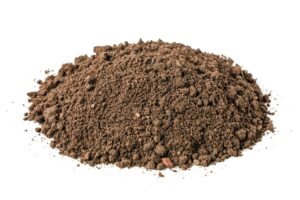
VicRoads 720 Soil
Topsoil defined as the weathered surface layer of soil that includes organic matter
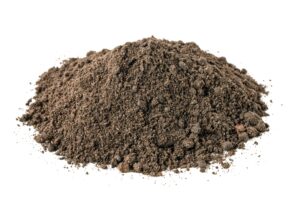
Veggie Mix
Veggie mix soil, also known as vegetable garden soil or vegetable mix, is a specialised type of soil blend formulated specifically for growing vegetables in garden beds, containers, and raised beds. This mix is designed to provide the...
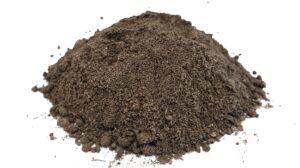
Turf Blend
Turf blend soil, also known as turf mix or lawn mix, is a specialised soil blend designed to provide an optimal growing medium for establishing and maintaining healthy lawns. This type of soil is formulated to support strong root...
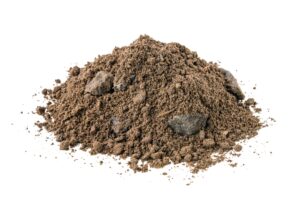
Structural Soil
Structural soil, also known as load-bearing soil or engineered soil, is a specialised type of soil mix designed to provide support for pavements, sidewalks, and other hardscape...
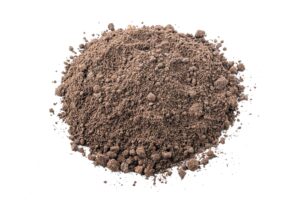
Special Blend
Special blend soil applications refer to the use of customised mixtures of soil amendments and additives to enhance the quality and fertility of soil. The benefits of using special blend...
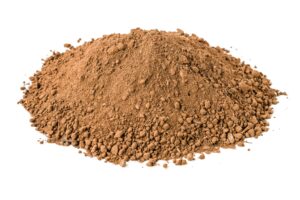
Screened Topsoil
Screened topsoil is soil that has been sifted or screened to remove debris, rocks, and other unwanted materials, resulting in a finer and more uniform texture. This type of topsoil is commonly used in landscaping, gardening, and...
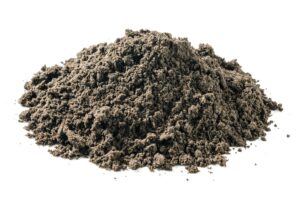
Sandy Loam
Sandy loam soil is a well-balanced soil type that contains a mixture of sand, silt, and clay particles. It is often considered one of the most desirable soil...
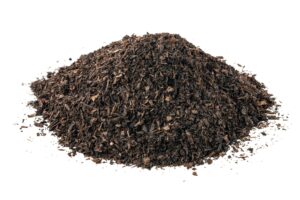
Premium Potting Mix
Premium potting mix, alternatively referred to as premium potting soil, stands as a top-tier soil blend meticulously crafted to nurture plant growth within containers, pots, and other confined horticultural spaces.

Case
studies
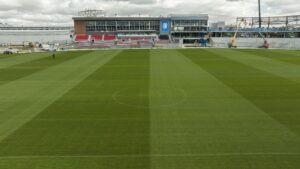
Normark
Established in 1977, Normark are a second generation family business specialising in landscape design and construction across Melbourne. "From inner-city Melbourne courtyards to large commercial open spaces, Normark will deliver."

Normark
Established in 1977, Normark are a second generation family business specialising in landscape design and construction across Melbourne. "From inner-city Melbourne courtyards to large commercial open spaces, Normark will deliver."

Normark
Established in 1977, Normark are a second generation family business specialising in landscape design and construction across Melbourne. "From inner-city Melbourne courtyards to large commercial open spaces, Normark will deliver."

Normark
Established in 1977, Normark are a second generation family business specialising in landscape design and construction across Melbourne. "From inner-city Melbourne courtyards to large commercial open spaces, Normark will deliver."

Normark
Established in 1977, Normark are a second generation family business specialising in landscape design and construction across Melbourne. "From inner-city Melbourne courtyards to large commercial open spaces, Normark will deliver."

